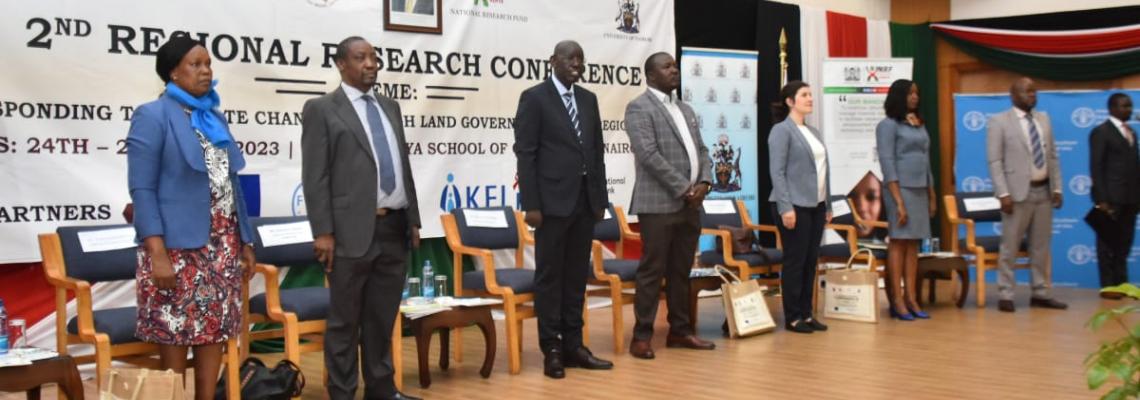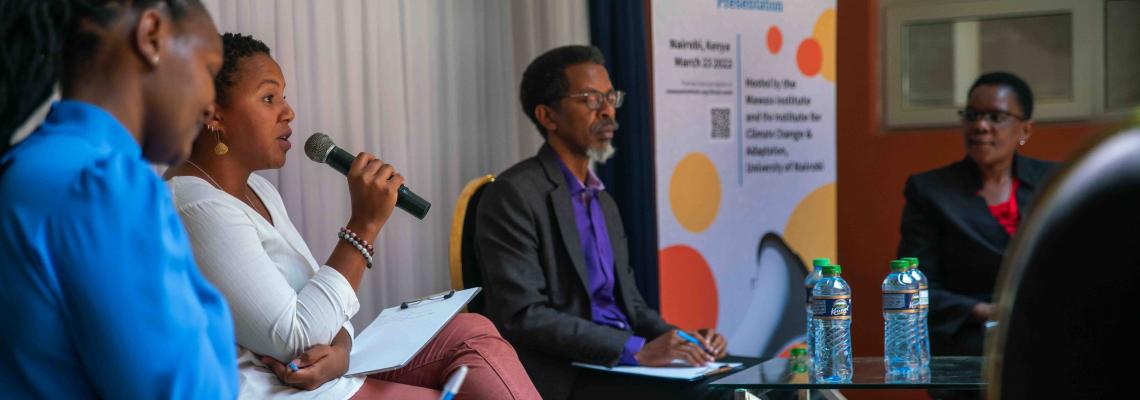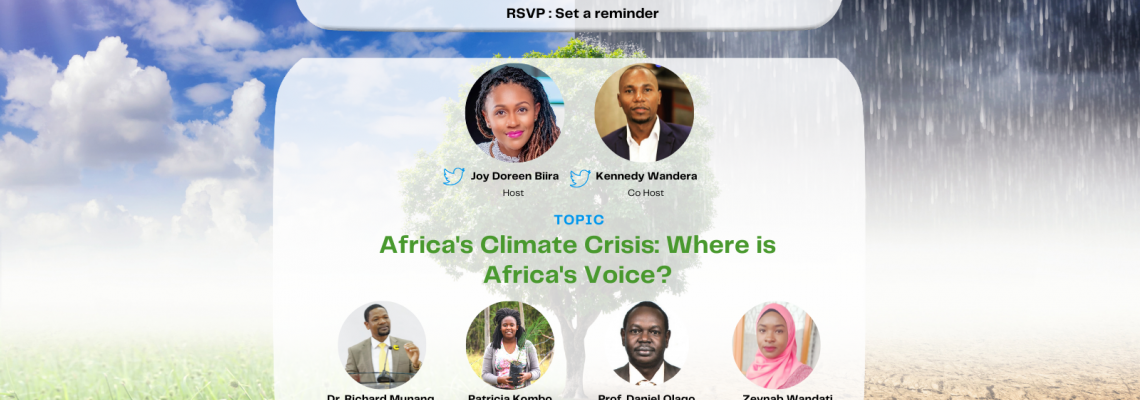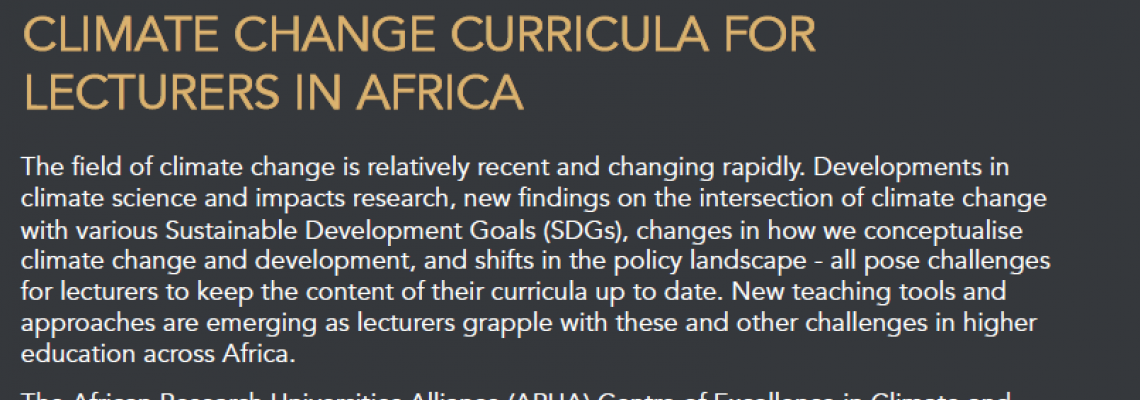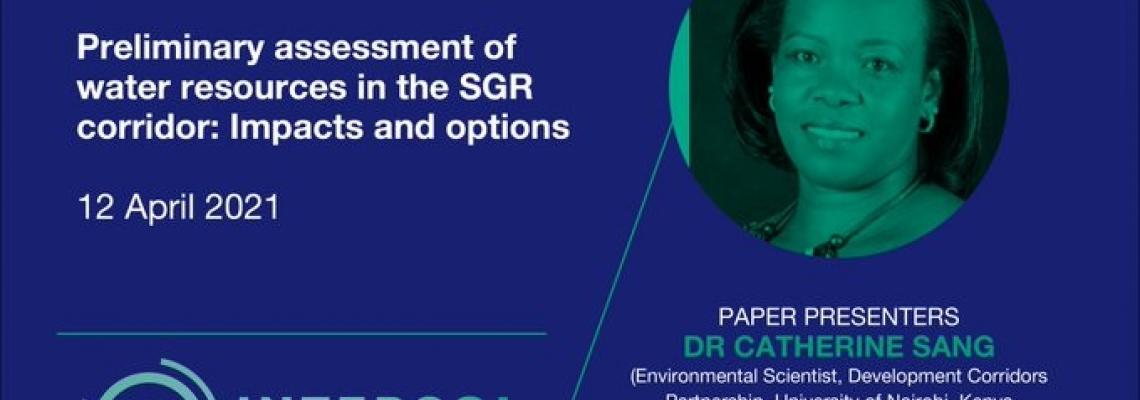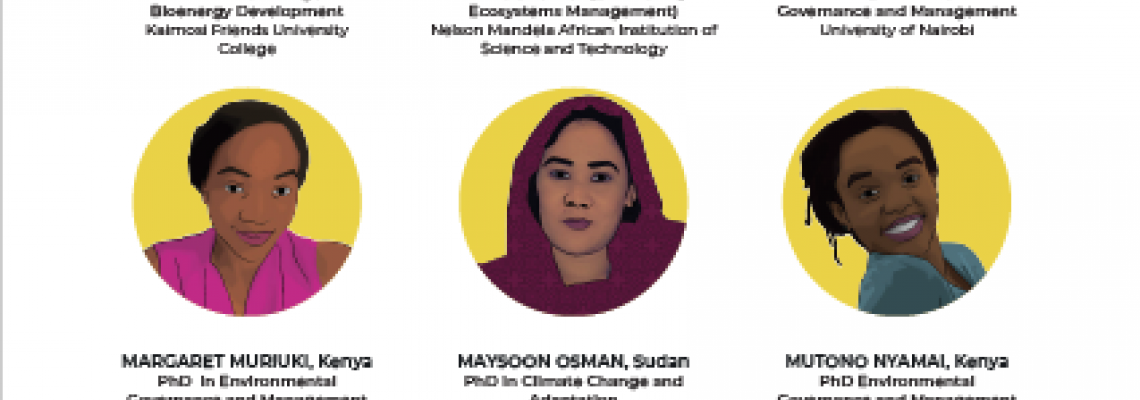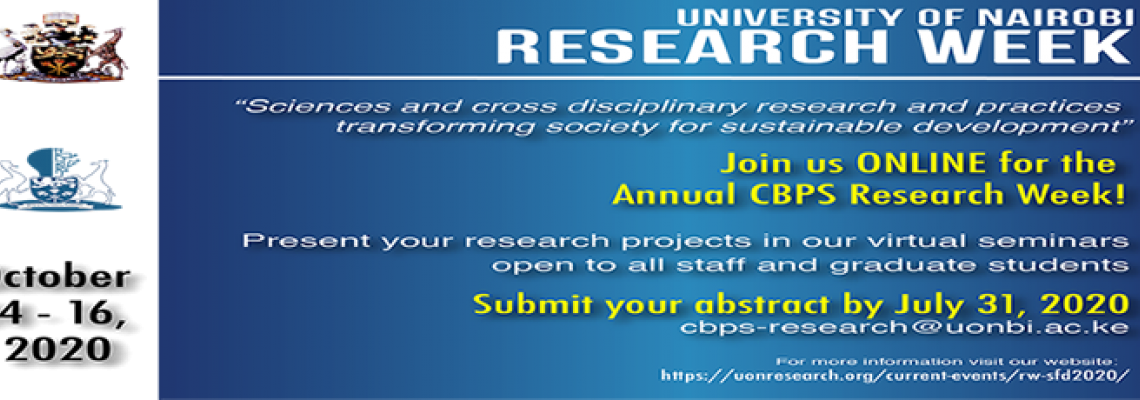Climate change is one of the most important environmental, economic and political issues facing the world today (McCright 2010, Pidgeon and Fischhoff 2011, Jones et al. 2015, Diaz and Moore 2017, Richler 2019). It is often used to describe any systematic change in the patterns of average weather conditions of a specific region or the earth as a whole over time that may be natural or human-induced (Weber 2010, Min 2020). Climate change has serious consequences ranging from significant variations in regional climates, recurrent droughts, excessive heat waves, windstorms, and killer floods, among others. Kenya has been identified as one of the nations with high vulnerability to the impacts of climate change in the Greater Horn of Africa, where climate change impacts pose great dangers with deleterious consequences (Osima et al. 2018). Various strategies and policies have been put in place in preparation for and responding to climate disruption. Informed mass awareness on the causes, consequences and mitigation as well as adaptation strategies to climate change is important to climate change response (Bohle et al. 1994, Shi et al. 2016).
Climate change awareness involves creating knowledge, understanding and values, attitude, skills, and abilities among individuals and social groups towards the issues of climate change for attaining a better-quality environment. However, there exists some misconceptions and misunderstandings of climate change issues, particularly on causality, consequences and mitigation (Chang and Pascua 2016, Hawkins and Stark 2016, Papadimitriou et al. 2019) that are linked to the complexity of the science involved, the uncertainties and controversies surrounding them (Howe et al. 2019). Within this context, the overarching role of higher institutions in addressing the misconceptions has been emphasized. Universities are representations of hubs in their respective local communities where knowledge creation, testing and dissemination on regional climate projection and adaptation strategies are expected to explain science, offer and implement solutions to problems faced by local communities (Mavume et al. 2015). University Students and staff play an essential role in educating the citizenry on climate change in their various localities. However, awareness and knowledge of climate change vary in many respects (e.g., Hopkins 2015). Consequently, there is a need to know what level of awareness, knowledge and understanding they possess.

